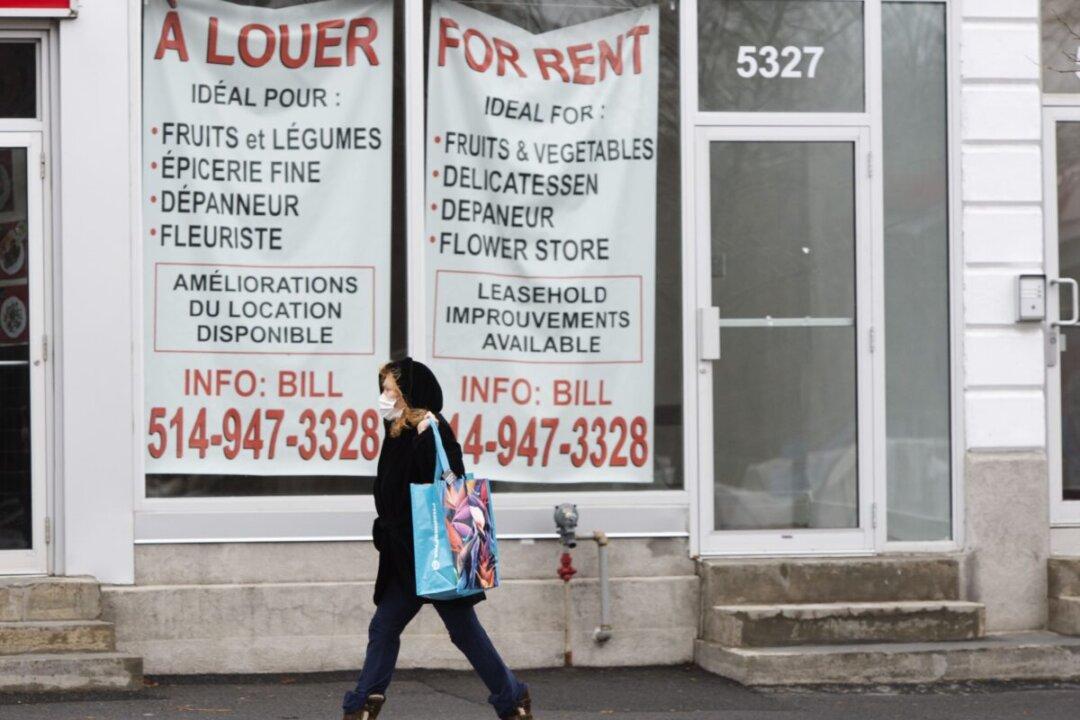A pandemic loan relief program for small business owners has paid more than $2 billion to borrowers who never qualified for it in the first place, federal records show.
The amount was disclosed as a result of a request by Conservative MP Brad Vis, who represents the riding of Mission-Matsqui in B.C., according to Blacklock’s Reporter.





